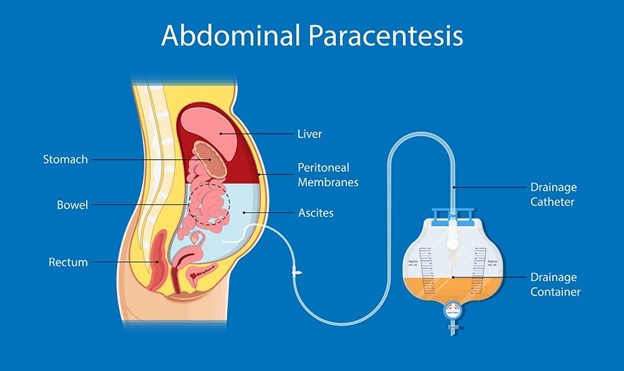A client who is scheduled to undergo surgery tells the nurse that they do not understand the procedure and are reconsidering their decision to have it. Which of the following actions should the nurse take?
Offer information about alternative therapies to the procedure.
Contact a family member to convince the client to change their mind.
Tell the client the benefits of the surgery.
Notify the charge nurse of the client's concerns.
The Correct Answer is D
The correct answer is choice d. Notify the charge nurse of the client’s concerns.
Choice A rationale:
Offering information about alternative therapies is not appropriate in this situation. The nurse’s role is to ensure the client understands the current procedure and to address their concerns, not to suggest alternatives unless directed by the healthcare provider.
Choice B rationale:
Contacting a family member to convince the client to change their mind is not ethical. The decision to proceed with surgery should be made by the client, based on their understanding and consent, not under pressure from family members.
Choice C rationale:
Telling the client the benefits of the surgery might be helpful, but it does not address the client’s lack of understanding about the procedure. The nurse should ensure the client has all the necessary information to make an informed decision.
Choice D rationale:
Notifying the charge nurse of the client’s concerns is the correct action. The charge nurse can facilitate further discussion with the surgeon to ensure the client receives the necessary information and support to make an informed decision. This ensures that the client’s autonomy and right to informed consent are respected.
Nursing Test Bank
Naxlex Comprehensive Predictor Exams
Related Questions
Correct Answer is B
Explanation
The correct answer is choice B: Performance of a paracentesis.
Choice A rationale:
Administration of an enema does not require informed consent in the same way that invasive procedures do. Enemas are typically considered routine nursing interventions and are not as invasive as the other options.
Choice B rationale:
This is the correct choice. A paracentesis is an invasive procedure that involves puncturing the abdominal cavity to withdraw fluid. Informed consent is required for procedures that carry potential risks, and paracentesis falls into this category due to the risk of complications such as infection, bleeding, or organ injury.

Choice C rationale:
Insertion of an indwelling urinary catheter is a common nursing procedure that, while invasive, does not typically require informed consent. However, the nurse should still explain the procedure to the client and obtain verbal consent, but it's not the same level of formal informed consent required for more invasive procedures.
Choice D rationale:
Placement of an NG tube, although uncomfortable, is not as invasive as a paracentesis. In most cases, NG tube placement is considered a medical or nursing intervention rather than a procedure that necessitates formal informed consent.
Correct Answer is D
Explanation
The correct answer is choice D: Choose a private room for the interview.
Choice D rationale:
Opting for a private room for the interview is essential when interacting with a client who uses a hearing aid. This choice helps minimize background noise and distractions, ensuring effective communication between the nurse and the client. Adequate lighting and minimizing auditory interference are crucial for clients with hearing difficulties.
Choice A rationale:
Sitting beside the client is a considerate approach, but it may not directly address the hearing aid user's needs. The focus should be on creating an optimal environment for communication, which includes minimizing auditory and visual obstacles.
Choice B rationale:
Speaking slowly and loudly to the client is not the most appropriate approach. While speaking clearly and facing the client is recommended, speaking loudly may distort sounds and hinder understanding for clients with hearing aids.
Choice C rationale:
Dimming the lights in the client's room is not necessary for addressing the needs of a client with a hearing aid. Adequate lighting is important for lip-reading and effective communication, especially for clients who rely on visual cues.
Whether you are a student looking to ace your exams or a practicing nurse seeking to enhance your expertise , our nursing education contents will empower you with the confidence and competence to make a difference in the lives of patients and become a respected leader in the healthcare field.
Visit Naxlex, invest in your future and unlock endless possibilities with our unparalleled nursing education contents today
Report Wrong Answer on the Current Question
Do you disagree with the answer? If yes, what is your expected answer? Explain.
Kindly be descriptive with the issue you are facing.
